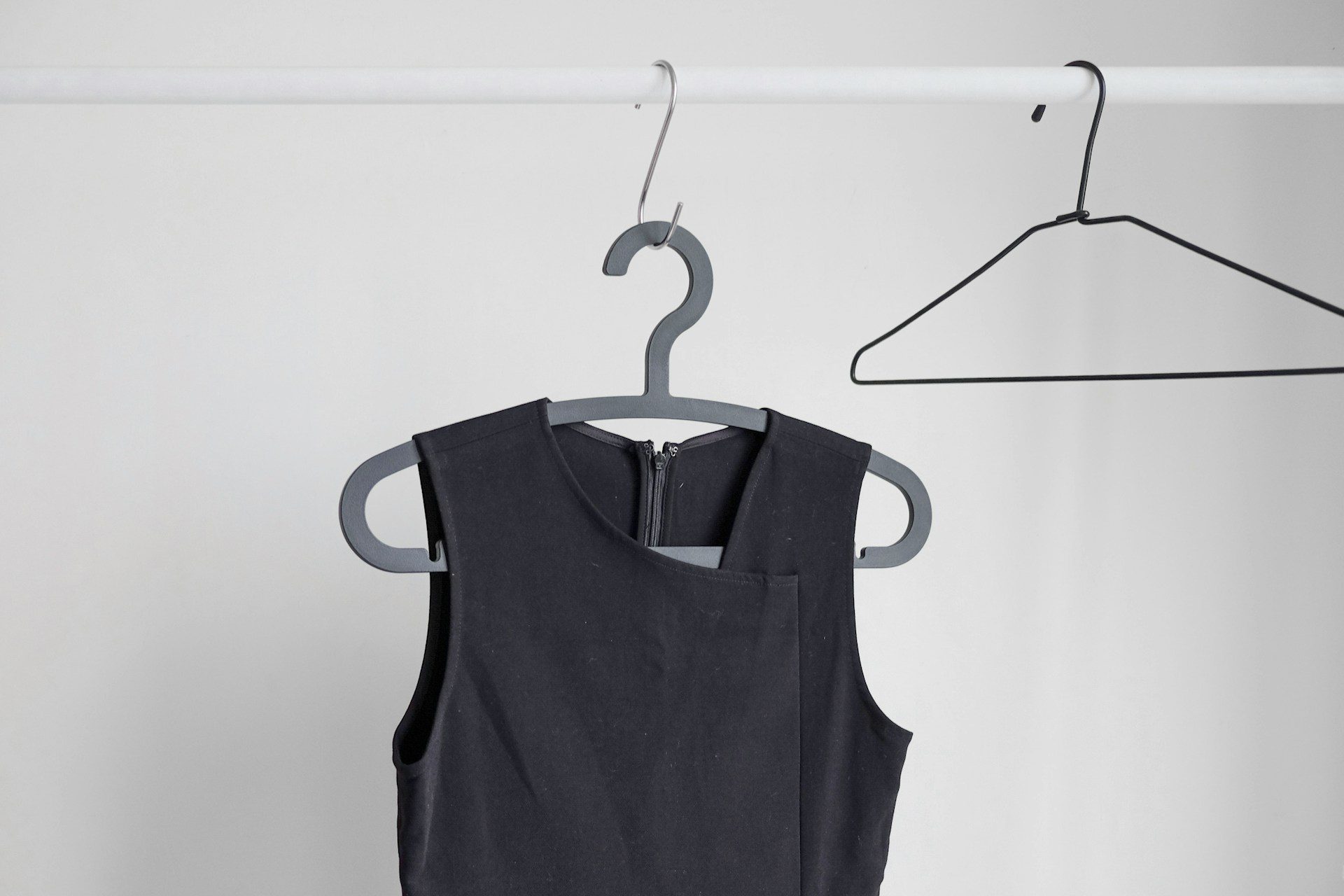
Fast-fashion outlets may be skirting Uyghur slave labor laws
Global fashion websites such as Shein may be selling clothes made by Uyghur slaves directly to American consumers by exploiting a loophole in the Uyghur Forced Labor Prevention Act that exempts packages worth less than $800 from inspection, lawmakers were told Tuesday.
The 2021 U.S. law banning imports made using Uyghur slave labor is also being weakened by “transshipments” of goods from China to third-countries that obfuscate their true origin, as well as by a lack of coordination with Canadian and Mexican authorities, according to testimony to the Congressional-Executive Commission on China.
Rep. Chris Smith, a Republican from New Jersey who heads the commission, told the commission that 685 million packages entered the United States last year under the $800 “de minimis” inspection exemption, which he called a “loophole” in the restrictions.
Anasuya Syam, the director of human rights and trade policy at the Human Trafficking Legal Center, an independent group aimed at eradicating human trafficking, said direct-to-consumer sales from low-cost fast-fashion websites like Shein, which usually fall below the $800 threshold, were a “glaring example” of the loophole.
“This ‘de minimis’ shipping environment is being used to circumvent the UFLPA,” Syam said, pointing in particular to a Nov. 20 report from Bloomberg she said showed “companies like Shein were using Xinjiang cotton in their low-value shipments being sent to the United States.”
The $800 exemption also created a ready strategy, Syam added, for importers of larger shipments of goods made using slave labor.
“One strategy to circumvent this could also be to break down bigger packages into smaller, under-$800 shipments,” she said. “This is what we are concerned that companies are doing to circumvent the law.”
